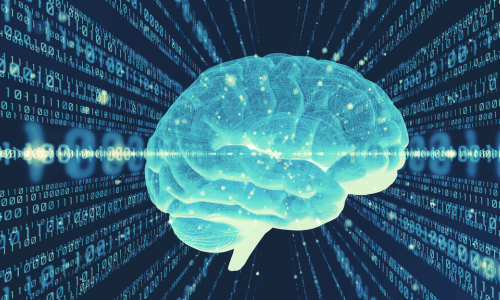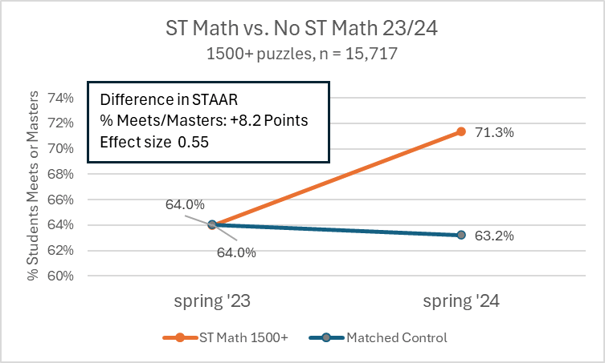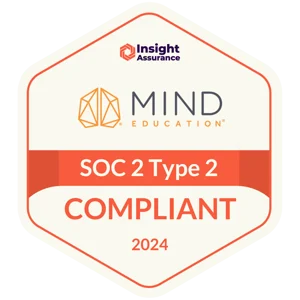As a former teacher, I’ve witnessed firsthand the evolving landscape of education and the urgent need for change. Early in my teaching career, I realized that our traditional approach fell short in addressing the individual needs of our students. This realization sparked a fervent passion to advocate for innovative, student-centered learning methods that prioritize personalization and effectively address the diverse requirements and skills of all learners.
Focusing on How to Learn, Not Just What to Learn
In traditional education systems, learning is often viewed as a mechanical process where students are put through the system based on their age rather than their specific learning requirements. Instead, if we approach learning like gardening, we understand that each student is unique. Some need more water, others more sunlight, and different types of soil. Just as a gardener tends to each plant according to its needs, we should create an environment that nurtures each student’s individual needs to grow and thrive.
In today’s rapidly changing world, the value of static, point-in-time knowledge is diminishing. Together, as educators, we have the opportunity to shift our focus towards a pedagogy that emphasizes how to learn, rather than solely what to learn. Acquiring specific knowledge remains important, but it is equally vital to cultivate skills and mindsets for continuous learning and adaptation in an ever-evolving landscape. By prioritizing the understanding of how to learn, we empower our students to become lifelong learners, equipped to navigate changing information landscapes, develop critical thinking abilities, and adapt to new challenges.
This collaborative shift not only deepens our students’ understanding over time but also fosters their ability to grow, question, and synthesize new information effectively. In doing so, we prepare them to tackle the diverse and complex challenges of our dynamic modern world.
Evolving Systems of Learning and Teaching
To prepare learners for a dynamic future, we need to rethink our traditional schooling systems, some centuries old. Solving global-scale problems demands more than academic knowledge; it requires nurturing creativity and conceptual understanding.
The Challenge Ahead
As we reimagine our approach to education, let’s consider this crucial question together:
How do we create curiosity, so that learning HOW to learn is valued as much, if not more, than any specific piece of knowledge?
Knowledge will continue to change and evolve; but if learning is power, then the ability to acquire new knowledge will be the true source of power.
By valuing questions over answers, and encouraging students’ curiosity through exploration, we can foster a learning environment where students are empowered to make lasting impacts on global issues. Emphasizing curiosity and mathematical understanding as tools for problem-solving equips students with the skills needed to navigate and address real-world challenges.
Making mathematics relevant to the real-world challenges we face today requires a shift in our approach to math education. This means embracing engaging learning experiences that instill conceptual understanding. It means cultivating curiosity and championing student agency. It means reimagining mathematics instructional content and defining quality beyond just standards alignment. We should insist on learning experiences that build resilient mindsets, improve teacher effectiveness, and ultimately produce efficacious results for all learners.
To truly transform our approach, we must explore each of these critical points in greater depth.

Mathematical Relevance to Global Challenges
From climate change and food scarcity to technological advancements and global disease, solving complex global issues will require mathematics and computational thinking.
Mathematics has a multifaceted role in tackling climate change, for instance. Understanding weather patterns, engineering solutions, and utilizing data for effective problem-solving are all areas where mathematical knowledge is essential.
Issues such as food scarcity and poverty are interconnected and require a holistic approach to problem-solving. Mathematics can play a role in analyzing data related to agricultural production and resource distribution, developing models for efficient resource allocation, and understanding economic factors that contribute to poverty.
Another critical aspect of addressing global challenges is advancing equity. Mathematics can be used as a tool to measure and drive progress in achieving equity across various dimensions such as economics, gender, and race.
Reimagining Instructional Solutions and Building Resilient Mindsets
Creating rich mathematical discourse and engaging students in meaningful dialogue around math, rather than merely focusing on solving equations, enhances their understanding and application of mathematical concepts.
Additionally, raising the bar for quality curriculum means going beyond just aligning with standards. By harnessing neuroscientific research to design learning experiences that work for all students, we remove barriers to access and enable diverse learners to see themselves as mathematicians. Educators can better understand how the brain processes information and tailor learning materials to align with these natural cognitive processes. And learners are able to fully engage and thrive in their learning journey.
Teaching math in a way that fosters productive struggle and triggers problem solving skills cultivates resilience in students, equipping them with the confidence to tackle more intricate challenges. The world’s most challenging problems will not be solved on the first attempt. We need problem-solvers with resolve, and the mindset that failure is simply a step toward success.
Amplifying Educators’ Impact
Our educational programs should amplify educators of all experience levels. By embedding professional learning opportunities within the curriculum, we can enhance teachers’ effectiveness regardless of how long they’ve been teaching.
Recognizing the importance of the human element in teaching is an absolute must. Teaching is not something that can be automated. Developing positive relationships with students, being warm and caring, and fostering a safe and welcoming classroom environment are all integral to effective teaching. Supporting educators to cultivate positive relationships with their students is foundational to the student learning experience.
Equipping today’s students to solve the world’s most challenging problems is not just an academic endeavor; it’s a commitment to shaping global citizens who are capable of creating meaningful and lasting change. By reimagining education and embracing a learner-centered approach, we prepare students to tackle the complex and dynamic challenges that await them in the future.
We are all counting on it.
Dive deeper into our approach by exploring the thought-provoking Rethinking Math Education blog series. Join us in revolutionizing the future of math education and beyond.



